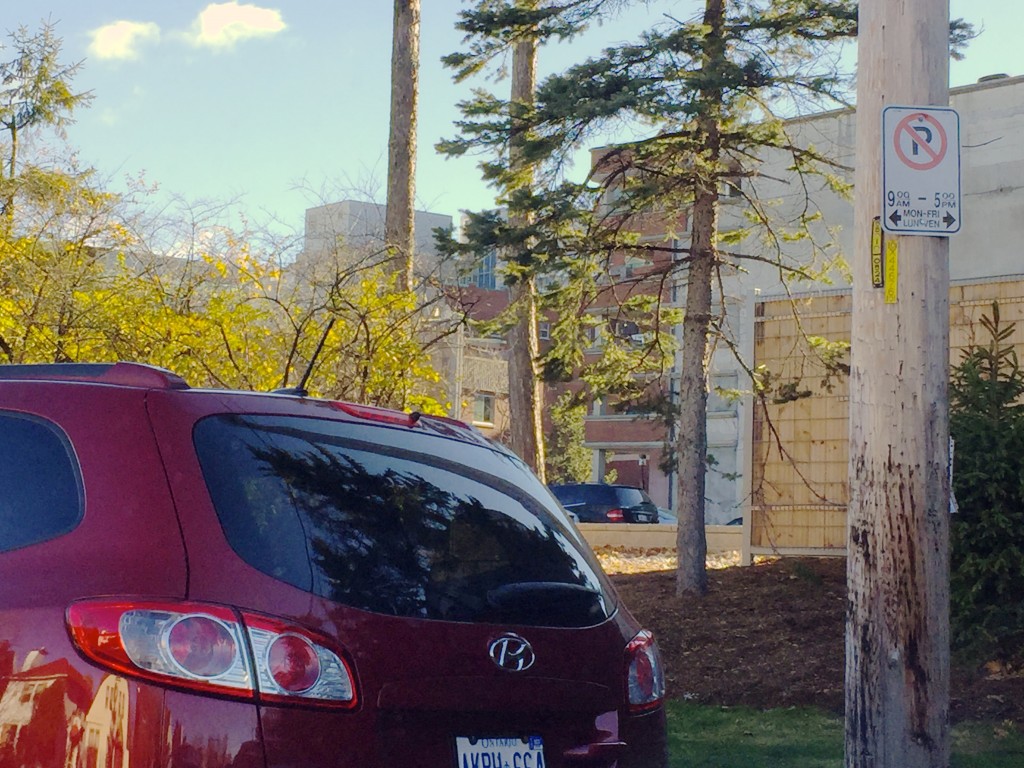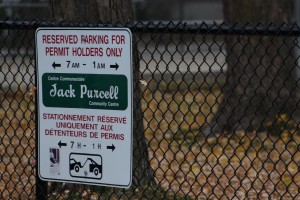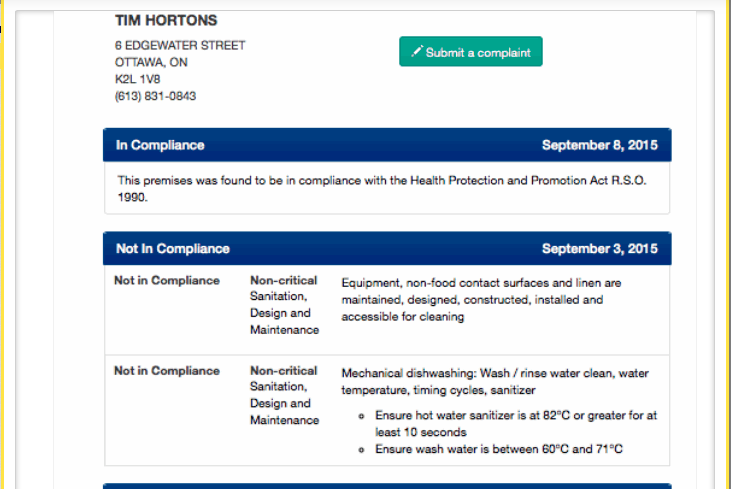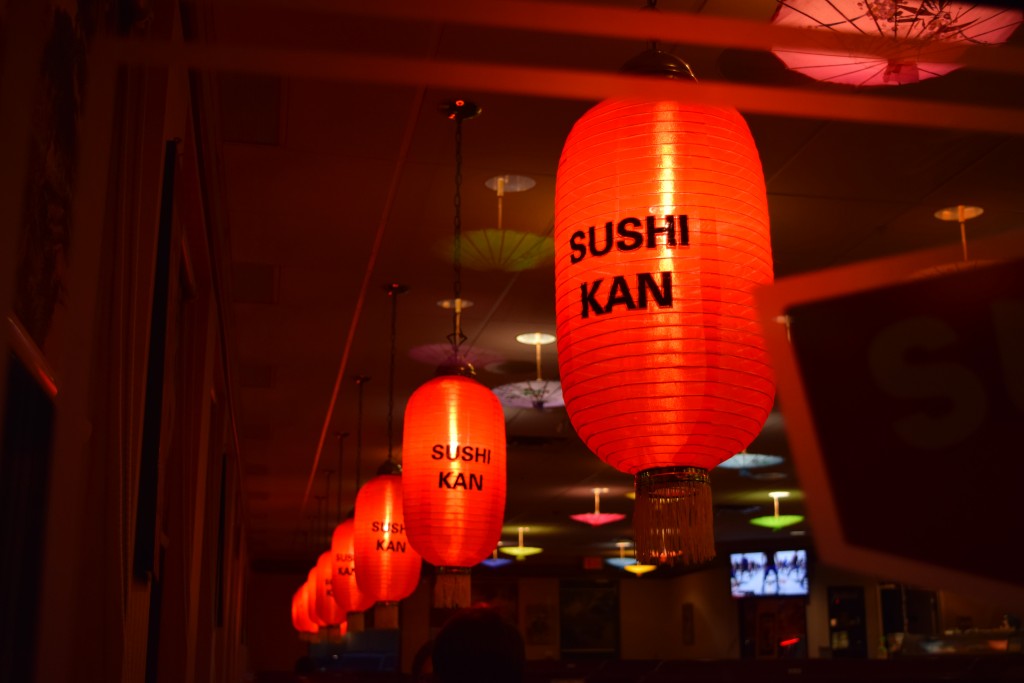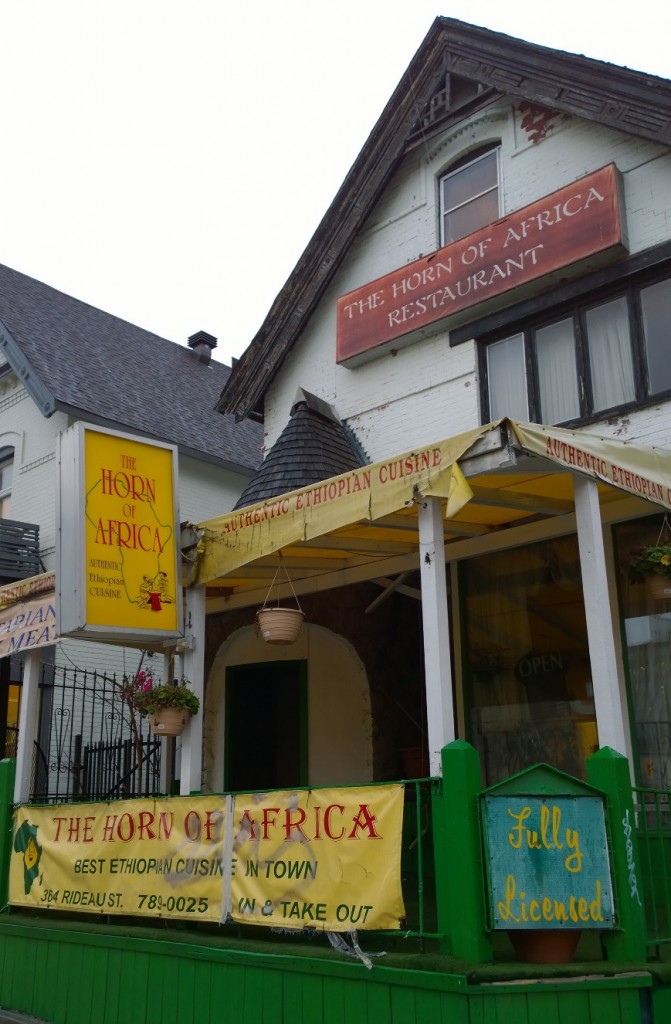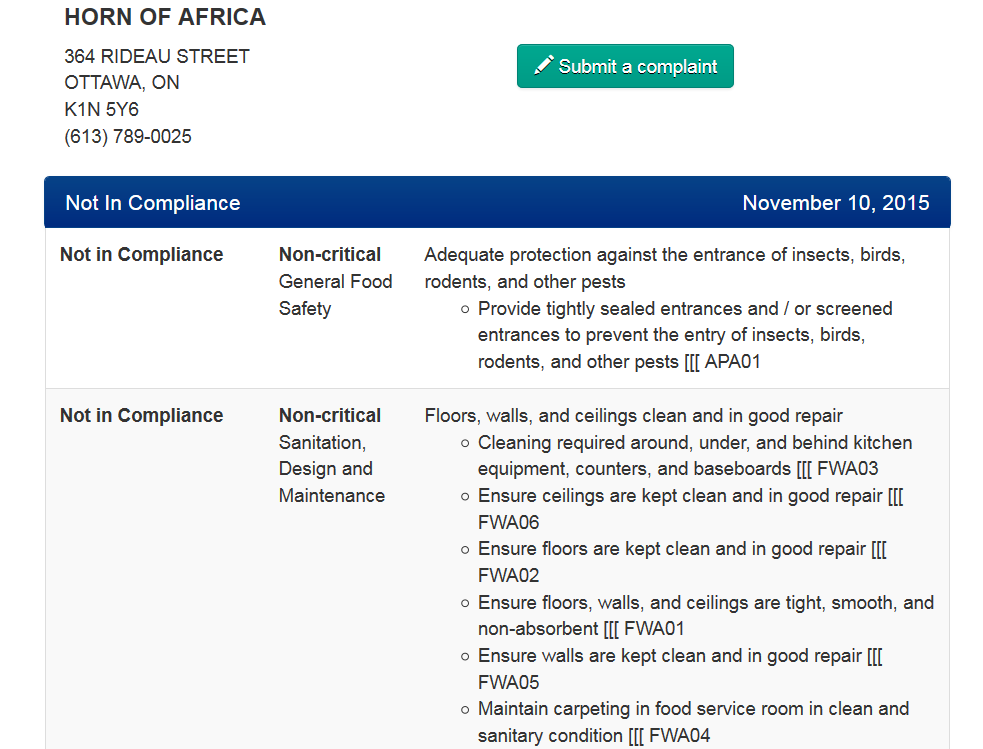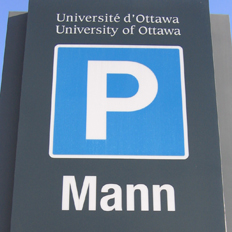By Aishu Ravishankar
“Hole in the wall restaurants often have the most delicious food,” a diner said to his companion in reference to Yang Sheng Restaurant at the junction of Bronson Avenue and Somerset Street West.

As yummy as its food might be, the Chinatown restaurant has been a repeat offender in Ottawa Public Health’s restaurant inspections.
Yang Sheng had 23 food safety violations in the past year alone after going through six inspections.
According to Amanda Muise, a supervisor for food inspections at OPH, Yang Sheng fall under the “high risk” category of restaurants, based on a risk assessment tool they use to calculate how at risk an establishment may be in terms of food safety. Muise said high risk restaurants are inspected thrice a year, while medium and low risk establishments are inspections twice and once a year respectively.
Two critical food safety violations by Yang Sheng since 2009 have been related to food storage. The restaurant has incurred 13 violations of the ‘FPB’ code (food protected from potential contamination and adulteration) and nine violations of the ‘FCD’ code (food held at 4°C or less).
Yang Sheng is also in the top five establishments with the highest number of violations of the FPB code.
Yang Sheng’s owner, who did not provide his name or allow audio recording for an interview (citing the damage that bad publicity may cause to business), said that OPH can sometimes be too harsh and subjective in their ‘judgement’ of restaurants.
He said that smaller restaurants like his cannot be subject to the same rules as five-star dining establishments, as the owners often cannot afford to regularly update equipment or pay for other kinds of maintenance work. As well, he said the rules and fines are too severe.
“Our problems have only been very minor,” he said. “We do not get complaints from customers that they have been sick from our food. Why should we pay big fines for small things?”
He added that OPH’s 100 or 0 scoring system for restaurant inspections is too severe.
Echoing this sentiment is James Rilett, Ontario vice-president for Restaurants Canada. Rilett said a binary system systems are too simplistic, and that restaurants with failures for minor reasons may unnecessarily be deemed unsafe and lose customers.
“Any restaurants that are dangerous, don’t follow best practices … should be subject to the penalties, but if they’re minor things that can simply be curbed by minor changes, it doesn’t make sense to fail a restaurant for something minor,” Rilett said.
“I think It also gives the public a wrong impression of a restaurant. Almost all restaurants want to serve their customers in a healthy way, and that’s what they do for the most part.”
He added that customers should not look too deeply into small issues and completely write off a restaurant altogether.
Muise added that issues that can be fixed on the spot are done so by the inspectors, and that potentially unsafe food is immediately disposed of while the inspector is still around.
Under the details of inspections listed for restaurants online, OPH notes whether certain issues have been “corrected during inspection.”
Yang Sheng passed its latest inspection, which was this September – its first successful inspection since last September.

